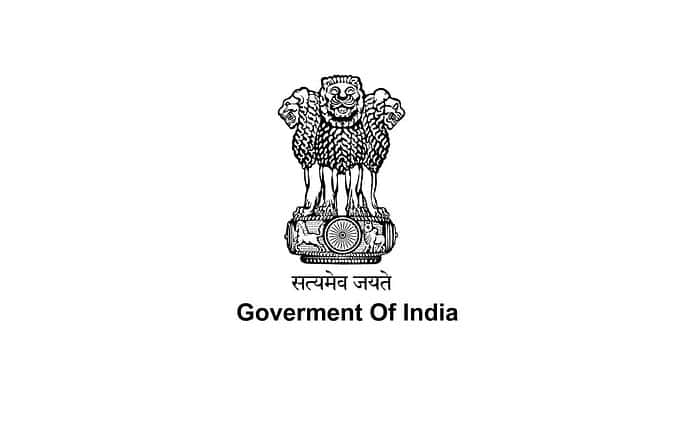Last Updated on January 6, 2024 by The Health Master
The Drugs Technical Advisory Board (DTAB) of the Union health ministry has agreed to amend Schedule K of Drugs Rules to exempt liquid antiseptics from the requirement of sale license to ensure its free access for prevention and treatment of infections.
The DTAB’s decision is based on the recommendations of a sub-committee constituted by the Drugs Consultative Committee (DCC) of the Union health ministry. The World Health Organisation (WHO) has also recommended the same.
The DCC sub-committee has presented revised recommendations on the exemption of liquid antiseptics from the requirements of sale license. The committee expressed that the access to liquid antiseptics should not be restricted from licensed premises but should be permitted to be sold at all shops especially during the current Covid pandemic.

The sub-committee was constituted under the Chairmanship of NK Ahooja, State Drugs Controller (SDC), Haryana. The committee recommended that the D&C rules may be amended as proposed. “It is necessary to make antiseptics accessible to the entire population. Restricting sale of antiseptics from only licensed premises denies access and availability to rural and remote areas. Further, the safety of the available antiseptics does not raise any concern,” as per a DCC sub-committee recommendations.
DTAB was apprised that DCC in its 55th meeting held on January 31, 2019 and February 01, 2019 had constituted a sub-committee for clarification on exemption of antiseptic liquid (cloroxylenol, terpineol and alcohol) as antiseptic and disinfectant in the country under Schedule K (Rule 123) of Drugs and Cosmetics (D&C) Rules 1945 and identify such similar type of products and give its recommendations.
Schedules: All types of Cosmetics
Schedules: All types of Medical Devices
cGMP workshop: Making India’s Pharma Industry future ready
Bar Coding for Pharma Products: Govt defers proposal
Govt allows export of Remdesivir injection and its API
As per the terms of reference, the sub-committee in its meeting held on July 26, 2019 invited the representatives from Reckitt Benckiser and ITC Limited, both leading manufacturers for antiseptic liquids to offer their views.
The sub-committee examined the issue in detail and had made the following recommendations that antiseptics in general are extensively used during post disaster prevention and spread of infection, environmental and social hygiene to prevent disease outbreak, rural maternal health to address infection after child birth.
After careful consideration of the representation of the firms, Reckitt Benckiser and ITC, related judgments, the sub-committee recommends that all antiseptic formulations for external use may be exempted from being covered under a sale license.
Antiseptics should continue to be manufactured under valid license and there should not be any requirement of license for its sale as is the case of disinfectant which also does not need sale license. Accordingly, the Schedule K may be amended by inserting the category of antiseptics under Sl. No.12.
The report of the sub-committee was presented in the DCC in its 58th meeting held on July 14, 2020. After deliberation, the DCC observed that there are numerous such products in the market which the subcommittee did not evaluate due to its specific mandate on three products only. Hence, DCC suggested that the scope of the sub-committee shall be revised and broadened to relook the matter for examination of all the available liquid antiseptic solutions in the market.
Accordingly, the sub-committee examined the products available in the market. The marketed liquid antiseptics contain cetrimide, chlorhexidine or chloroxylenol as active ingredients.
The sub-committee has examined the issue in detail and had made the recommendations based on the concerns of the DCC to prevent misuse or abuse of the product if exempted from the requirement of sale license, enhancing the accessibility of liquid antiseptics to remote locations and places which are deprived of the presence of retail medical shops is necessary, especially during pandemics and epidemics, safety of the ingredients of the currently available antiseptics does not raise any concern.
In view of the above, the sub-committee recommends that the retail sale of the Liquid Antiseptics may be exempted from the requirement of sale license. Accordingly, Schedule K may be amended by inserting the following at appropriate position – Class of Drugs Extent and Conditions of Exemption Liquid Antiseptics for household use.
The provisions of Chapter IV of the Act and rules thereunder, which require them to be covered with a sale license in Form 20 or Form 20A subject to the following conditions – (a) The drugs are manufactured by licensed manufacturers. (b) The drugs do not contain any substance specified in Schedule G, H, H1 or X. (c) The drugs are sold in the original unopened containers of the licensed manufacturer. (d) The drugs are purchased from a licensed wholesaler or a licensed manufacturer.








